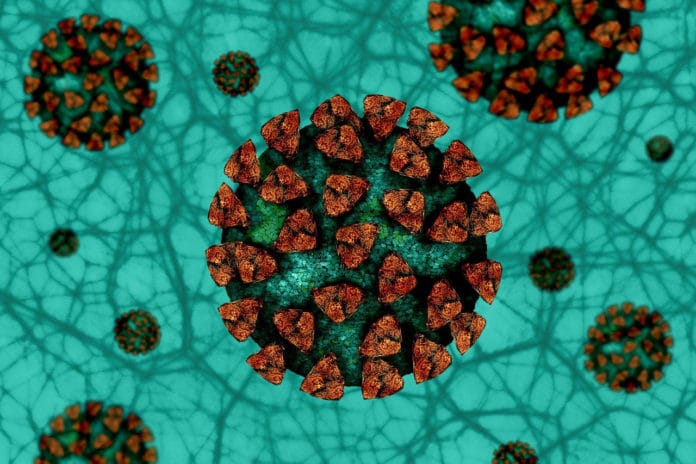Recently, Yale scientists discovered that SARS-CoV-2 blocks the ability of cells to produce protective proteins. They identified how cellular proteins’ production, including immune molecules, and contributes to severe illness in its host.
A nonstructural protein 1 or Nsp1 in SARS-CoV-2 blocks cells’ ability to produce new proteins. However, it remains obscure how this protein works in a cell.
To find out the answer, scientists used genetic screening and cryogenic electron microscopy (cryo-EM) to show that Nsp1 is one of SARS-CoV-2’s most pathogenic viral proteins. In human lung cells, it can drastically alter host cell gene expression and essentially form an attachment that forestalls the ribosome from receiving genetic instructions for new proteins encoded in messenger RNA.
Yong Xiong, professor of molecular biophysics and biochemistry and co-corresponding author of the research, said, “This is the entry channel for genetic material, and when it is blocked, no protein can be made. We didn’t understand this mechanism before, but now we know.”
“This process affects protein production in many parts of the body, and high levels of Nsp1 may help explain why some people fare poorly after infection by the virus.”
Still, it remains obscure how the virus can still produce its proteins, using the same ribosome, to replicate in the cell after it disables the cell’s ability to make normal proteins.
Journal Reference:
- Shuai Yuan et al. Nonstructural protein 1 of SARS-CoV-2 is a potent pathogenicity factor redirecting host protein synthesis machinery toward viral RNA. DOI: 10.1016/j.molcel.2020.10.034
